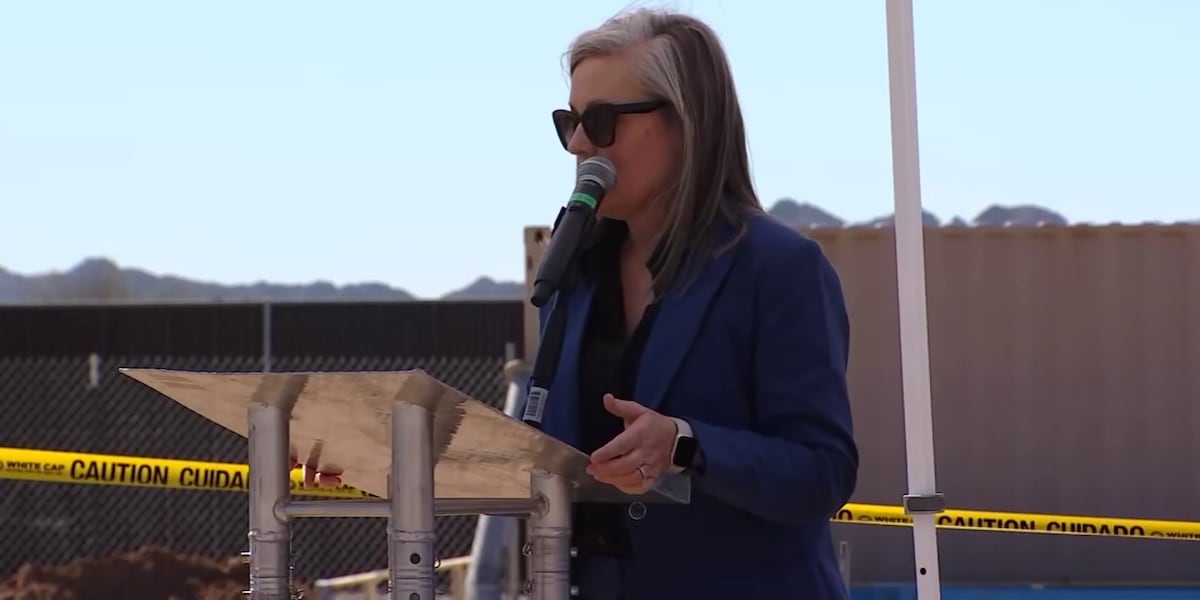China, Russia, Iran and Cuba all tried to meddle in 2022 US congressional elections
A declassified intelligence assessment disclosed an escalation in foreign government involvement targeting the 2022 US midterm elections compared to the 2018 elections.

A declassified intelligence assessment disclosed an escalation in foreign government involvement targeting the 2022 US midterm elections compared to the 2018 elections. The report outlined a diverse group of foreign actors engaged in meddling.
Contrary to the comprehensive influence campaign undertaken by Russia in 2016, no similar directives were issued by foreign leaders for the 2022 elections. However, China, Russia, Iran, and Cuba were identified as participants attempting to interfere with congressional elections.
The intelligence community’s high-confidence assessment revealed China’s tacit approval of influencing select midterm races involving members of both US political parties. Beijing’s focus was on intensifying sociopolitical divisions and influencing specific candidates based on policy alignments perceived to benefit China. Emphasizing congressional influence, China aimed to portray the US democratic model as chaotic and unrepresentative, highlighting divisions on social issues.
Reports from tech firms substantiate increased Chinese activity in election influence activities. Suspected Chinese operatives used AI-generated images to simulate American voters online, sparking debates on divisive political topics.
Russia, with high confidence, aimed to denigrate the Democratic Party and undermine election confidence, potentially to weaken US support for Ukraine. Targeting specific demographics sympathetic to Russia’s values, the Kremlin conducted extensive research to amplify its message effectively.
Notably, Russian military officials considered delaying the Russian withdrawal from Kherson until after the midterms to avoid favoring a US political party before the election.
Iran attempted to exploit social divisions and undermine confidence in US institutions during the midterms. However, its efforts were constrained by internal priorities, including managing domestic unrest.
Foreign actors refrained from technically altering votes, focusing instead on damaging the public’s perception of election integrity. Additionally, countries like Cuba engaged in limited efforts to support or undermine specific candidates based on policy alignments.
However, the assessment did not investigate the influence campaigns’ impact on the 2022 election outcomes.






